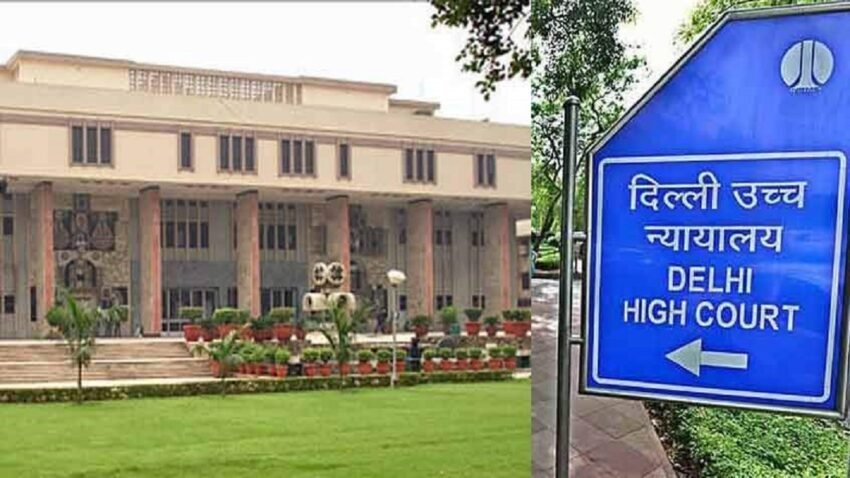Published on :
Delhi: The Delhi High Court in a May 10 order directed the Central government to be mindful of the infrastructural needs of Debts Recovery Tribunals (DRTs) across the national capital and the Debts Recovery Appellate Tribunal (DRAT) [Indu Kapoor v. AU Small Finance Bank & Anr].
A Bench of Justices Najmi Waziri and Sudhir Kumar Jain included in their order, a direction to include facilitation of hybrid hearings as well.
“The court would expect the Administrative Ministry to be mindful of and anticipate the needs of the Bar and the Tribunals in the years to come and install all requisite infrastructure for such needs, including for facilitation of hybrid hearing of cases,” reads the order.
Before the Division Bench was a batch of pleas dealing with issues of infrastructure facilities and filling up of vacancies in DRTs.
As per the order, Attorney General R Venkataramani assured the Bench during the hearing that the Centre was actively considering issues raised by the High Court in its previous orders.
He added that some of these issues are currently being considered by the top court in another case, which is scheduled to be heard on July 11.
With regard to appointment of a Presiding Officer for DRT-II in Delhi, the AG submitted that candidates have been selected and the process of appointment may take a few weeks.
“The government is conscious of the fact that there is no Presiding Officer holding charge of DRT-II for almost 10 months. Let remedial measures be taken in this regard so that no litigant is rendered remediless or without forum where she/he/it could agitate its grievances.”
The Court while recording the Centre’s submissions said that it would be open to the members of the DRT Bar to approach the AG with their suggestions regarding their needs and concerns.
Additionally, amicus curiae Senior Advocate Rajeeve Mehra informed the Court that recently, both e-filing and internet connectivity were unavailable in tribunals.
On hearing this, the court opined that a 1-TB connection was required. It was reasoned that according to the National Informatics Centre (NIC) and the Court’s IT Department, the current internet connectivity speed at such tribunals was insufficient.
“The court is assured that connectivity speed and bandwidth of 1-TB shall be made available preferably within the next week and due provisions shall be made so that the requisite connectivity is available to the Tribunals and to the lawyers,” the order stated.
In a January 3 order, the High Court had expressed concern over the dismal state of infrastructure and pendency of cases at DRTs in the national capital, observing that they looked like a ‘dump of files and records’.
The Court had directed the Ministry of Finance to look into the issue of huge pendency of cases, and to consider augmenting the number of DRTs.
In March this year, the top court had also issued guidelines to facilitate e-filing at DRTs across the country.



